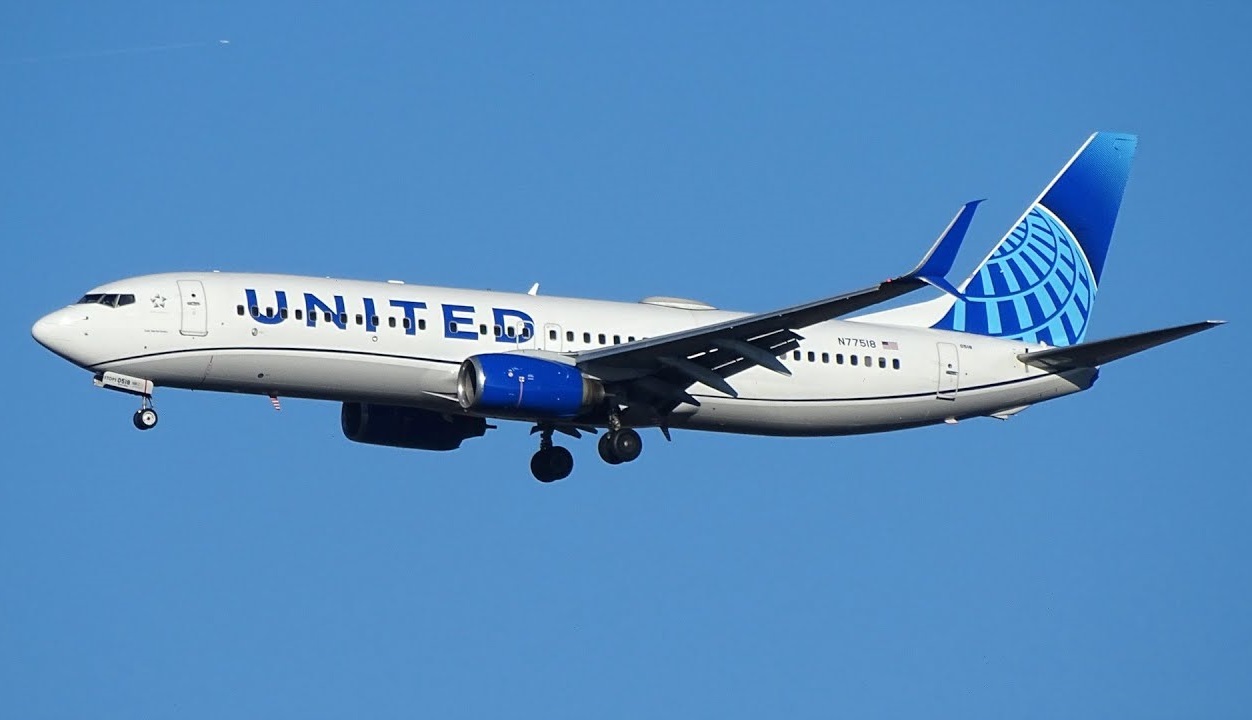The impact of COVID-19 has starkly highlighted the fragility of the tourism sector. Given the worldwide pandemic, discretionary travel has inevitably suffered dramatically. The collapse in demand combined with a legally-enforced lockdown of tourism globally has placed many at the lower end of the industry’s employment ladder in danger of extreme poverty.
The Hukumar Kula da Yawon shakatawa ta Majalisar Dinkin Duniya (UNWTO) has a moral imperative to help alleviate their plight. Although not a funding body in its own right, UNWTO must seek to ensure that those organizations that control resources are fully aware of the particular circumstances and hardships faced by these many individuals – and advise on appropriate relief strategies.
Who will lead the way?
Bahrain has nominated HE Mai Al Khalifa as the candidate to complete for the post of Secretary General of UNWTO. Her nomination is because Bahrain believes that with her experience, expertise, and knowledge, she is the person who will be able to guide tourism out of this global crisis.
Said HE Mai Al Khalifa: “Not far behind this imperative to guide tourism out of the COVID-19 pandemic, should be a commitment to help salvage viable businesses. Relief must depend in the first instance upon those organizations that command resources. Many schemes have already been introduced by national governments to relieve immediate financial strains, including employee subsidies, tax holidays, low-interest loans, demand stimuli, and investor bonuses. Under current arrangements, the main contribution of UNWTO in this field should be to scan the horizons of such schemes, disseminate best Practice, and advise where appropriate. I would wish to further assist through negotiating with key financial institutions in the public and private sector.”
HE Mai Al Khalifa says that close liaison with the World Health Organization (WHO) and other institutions with health expertise is required to ensure that protocols for safer travel can be internationally agreed. Negotiations with WHO should ensure that travel restrictions are kept to a minimum and that a support system is in place to assist the hospitality sector that are faced with new requirements that are beyond their fields of expertise and their financial capability.
A positive future
“It is hard to peer too far into the future,” HE Mai Al Khalifa said, “but we can be confident that at some point this pandemic will abate. We can also be confident that exploration remains central to the human spirit and that consequently at some point there will be huge pent-up demand for tourism services.
“The silver lining to the disaster of COVID-19 is that by force majeure it has drawn a ‘line in the sand,’ providing an unprecedented opportunity to redesign the sector comprehensively in the light of SDGs. During this pandemic, for example, people have traveled more locally, and the “’staycation’ sector has boomed. It is time now to launch a campaign to support this trend. This will help ensure economic and environmental sustainability.”
UNWTO should facilitate Member States’ capacity to incorporate tourism within crisis management and national risk mitigation plans, states HE Mai Al Khalifa. It is clear, however, that UNWTO’s ability to respond adequately to crisis is currently hampered by inadequate independent funding. Guided by other successful initiatives within the UN system (for example the World Heritage International Assistance Scheme), she recommends the development of a UNWTO Asusun Taimakawa don tallafawa Cikakkun Membobi da Masu Haɗin Kai UNWTO to cater to emergency interventions. HE Mai Al Khalifa said she has had in her current role considerable success in securing long-term low-interest loans and grants from banks and funding agencies relating to such circumstances. Her skills and passion will go a long way in rebuilding tourism from the foundation of the World Tourism Organization.
#tasuwa
ABUBUWAN DA ZA KU GUDU DAGA WANNAN LABARI:
- “The silver lining to the disaster of COVID-19 is that by force majeure it has drawn a ‘line in the sand,' providing an unprecedented opportunity to redesign the sector comprehensively in the light of SDGs.
- Negotiations with WHO should ensure that travel restrictions are kept to a minimum and that a support system is in place to assist the hospitality sector that are faced with new requirements that are beyond their fields of expertise and their financial capability.
- Guided by other successful initiatives within the UN system (for example the World Heritage International Assistance Scheme), she recommends the development of a UNWTO Asusun Taimakawa don tallafawa Cikakkun Membobi da Masu Haɗin Kai UNWTO to cater to emergency interventions.






















